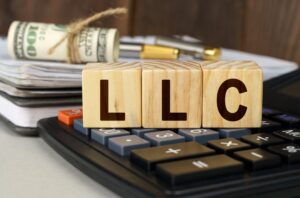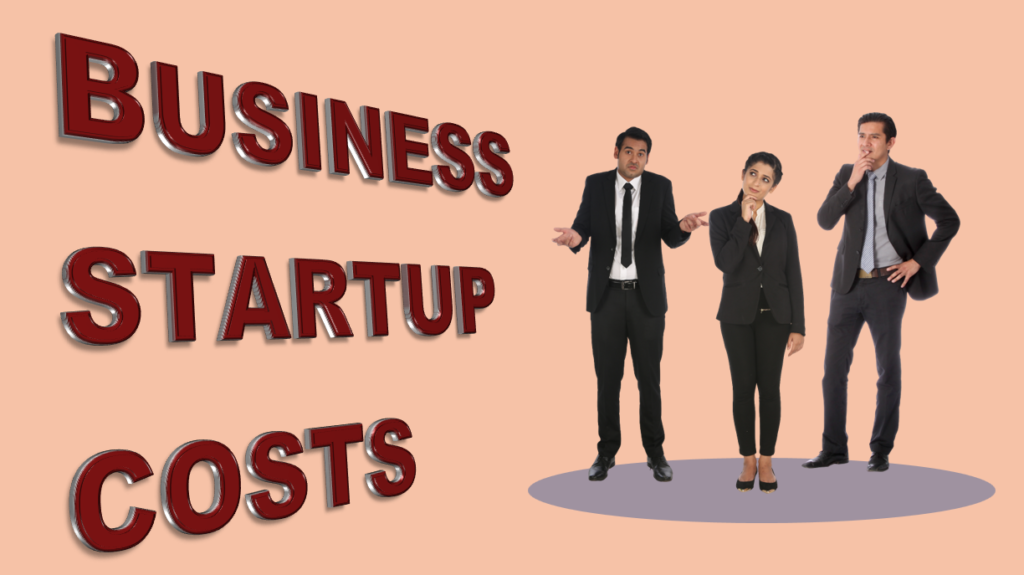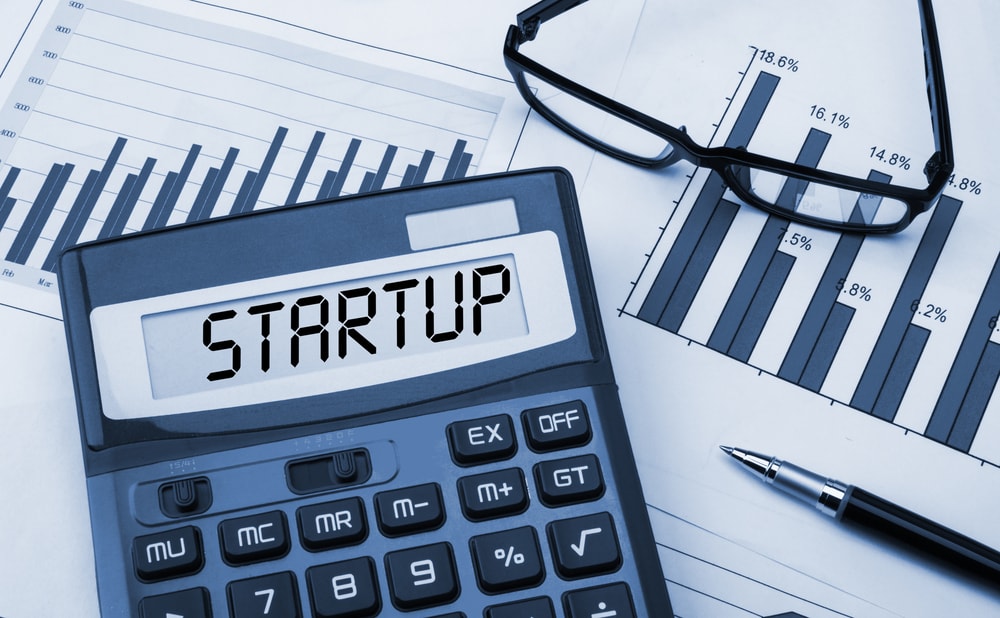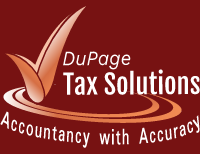
Tax and Accounting Services
About DuPage Tax Solutions
DuPage Tax Solutions is located in Naperville, IL. Our clients are mostly residents and small businesses within the Chicago metropolitan area – DuPage, Cook, Will, and Lake counties. Our remote work capabilities allowed us to extend our services nationwide. Today, we pride ourselves in having clients from all 50 states. Our virtual services are fast, easy, and convenient. Clients submit and review documents electronically through our secured online portal.
Startup Costs: What You Need to Know

Startup costs follow different rules than ongoing business expenses. The IRS provides clear guidelines for deducting these costs, and understanding them can help you maximize your tax benefits.
Home » Startup Costs: What You Need to Know
What Are Startup Costs?
Startup costs refer to the expenses you incur while creating or acquiring a business. These can include:
- Conducting feasibility studies
- Surveying markets, products, and competition
- Paying salaries and wages for employees
- Traveling to secure potential customers or suppliers
- Running advertising campaigns
- Hiring executives and consultants
Remember, startup costs do not include interest, taxes, or research and experimental expenses.
How Does The deduction Work?
You can deduct a maximum of $5,000 in the first year if your total startup costs are $50,000 or less. If your costs exceed $50,000, the IRS reduces your maximum deduction by the amount that exceeds that threshold. You must amortize any remaining costs over 15 years. If your expenses surpass $55,000, you must amortize the entire amount.
Organizational costs—such as legal fees for forming the business, business registration fees, and initial accounting fees—follow the same deduction rules as startup costs.
Example:
- If you have $30,000 in startup costs, you can deduct $5,000 in the first year. You will amortize the remaining $25,000 over 15 years.
- If your costs reach $52,000, you can deduct $3,000 in the first year ($5,000 minus $2,000). You will amortize the remaining $49,000 over 15 years.
Electing to Amortize the Entire Amount
You can choose to amortize all your startup costs without taking any deduction in the first year. This approach may benefit you if you expect to operate at a loss in the initial years. If your business hasn’t started yet, you will begin amortization in the year your business becomes active.

When Can I Deduct My Startup Costs?
To deduct these beginning costs, ensure your business is active. For partnerships and corporations, the business is active from the date of formation. For freelancers and sole proprietors, the business is active when you start earning income or engaging in business activities.
What If My Business Did Not Open?
While you cannot deduct general research costs, expenses related to attempting to start a business qualify as capital expenses and can be deducted as capital losses. If you purchased assets, these costs become part of your basis in the assets and are recoverable when you dispose of them.
Key Takeaways On Startup Costs
Understanding the tax implications of startup costs is crucial for new business owners. By knowing what qualifies as a startup cost, how to deduct these expenses, and the rules for amortization, you can make informed financial decisions that benefit your business in the long run. If you have any questions or need personalized advice, consult DuPage Tax Solutions to help you navigate these complexities.
Publication 583 (01/2021), Starting a Business and Keeping Records. Internal Revenue Service, www.irs.gov/publications/p583#en_US_202012_publink1000253143.
You May Also Like These


Top Tax Mistakes Business Owners Make

Cash Flow Made Simple

Home Office Tax Rules to Know
Ready to Take Control of Your Finances?
Contact us today for personalized tax, accounting, and advisory services tailored to your needs. Let’s work together to achieve your financial goals!

Contact Info
Ph. (630) 909 9700
Email: DPTax@DP-Tax.com
Mail address:
1552 Illinois Rte 59 #1037
Naperville, IL 60564
Business Hours
Mon: 11 am – 7 pm
Tue: 11 am – 7 pm
Wed: 11 am – 7 pm
Thu: 11 am – 7 pm
Fri: 11 am – 7 pm
Sat: 12 pm – 5 pm
Sun: CLOSED
Helpful Links
© 2024 DuPage Tax Solutions | Site Map | Privacy Policy | Disclaimer
